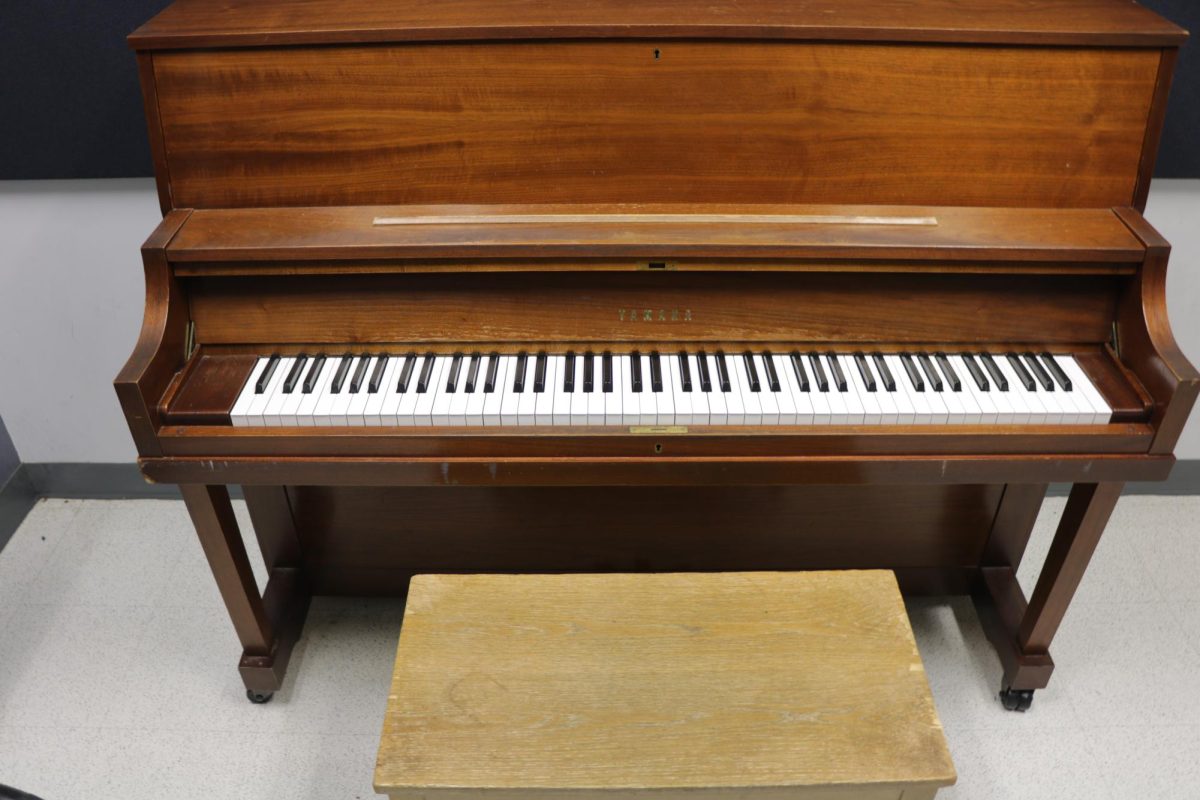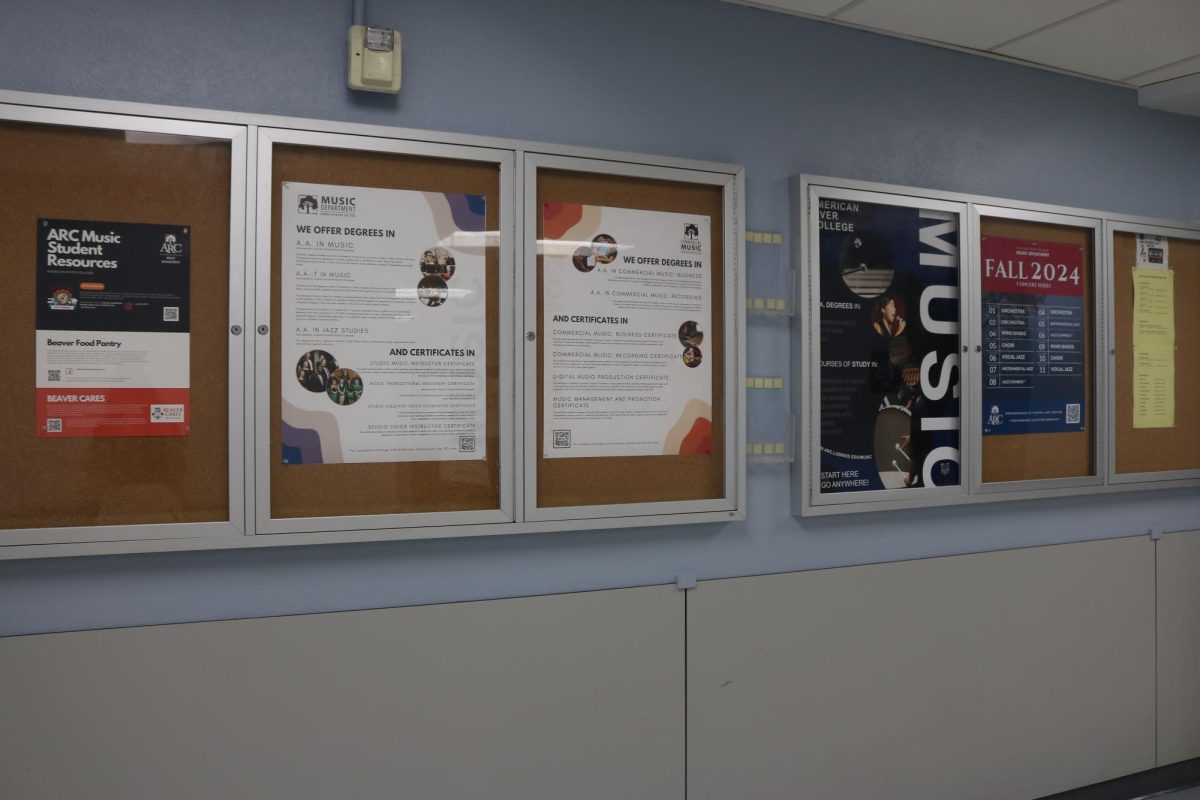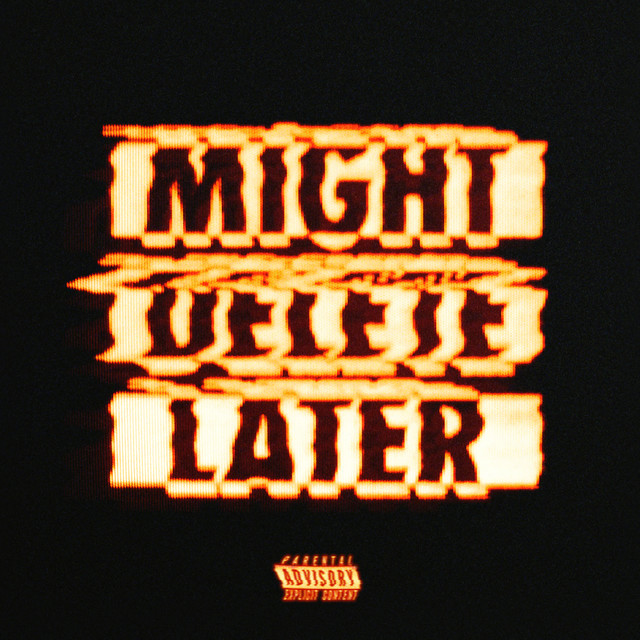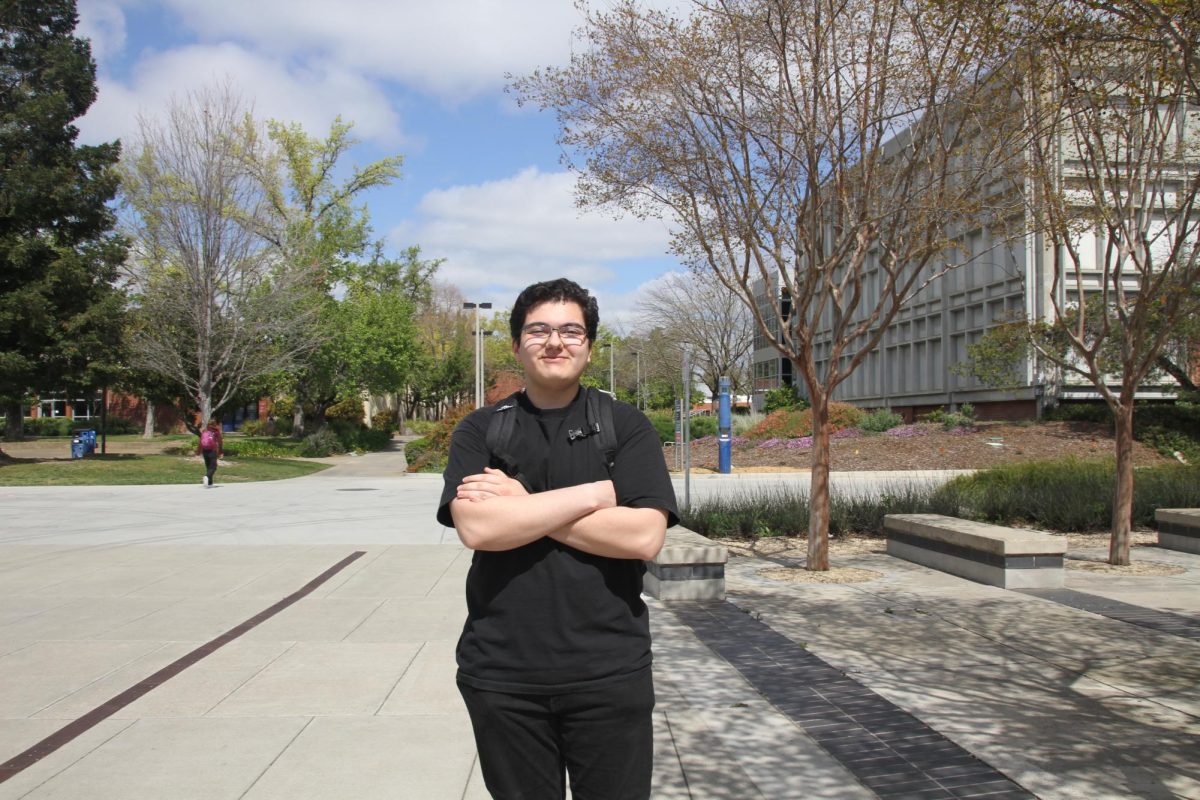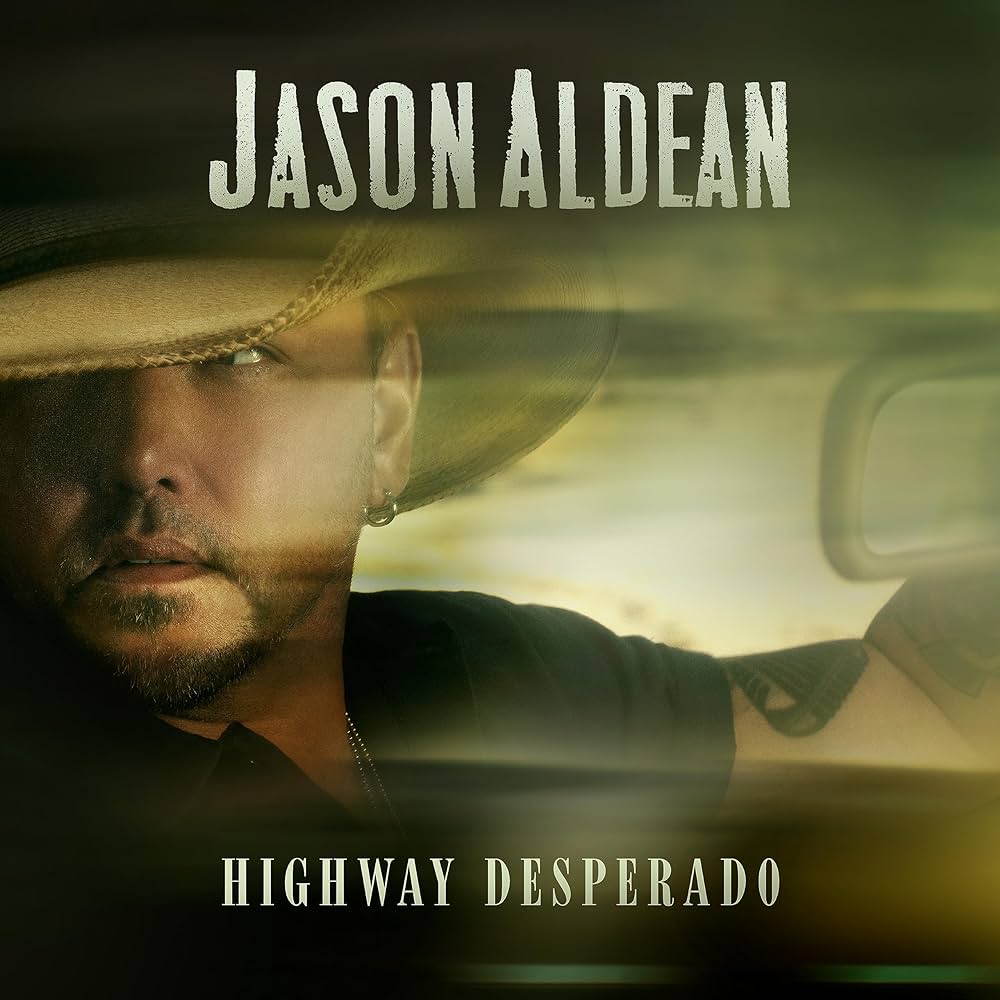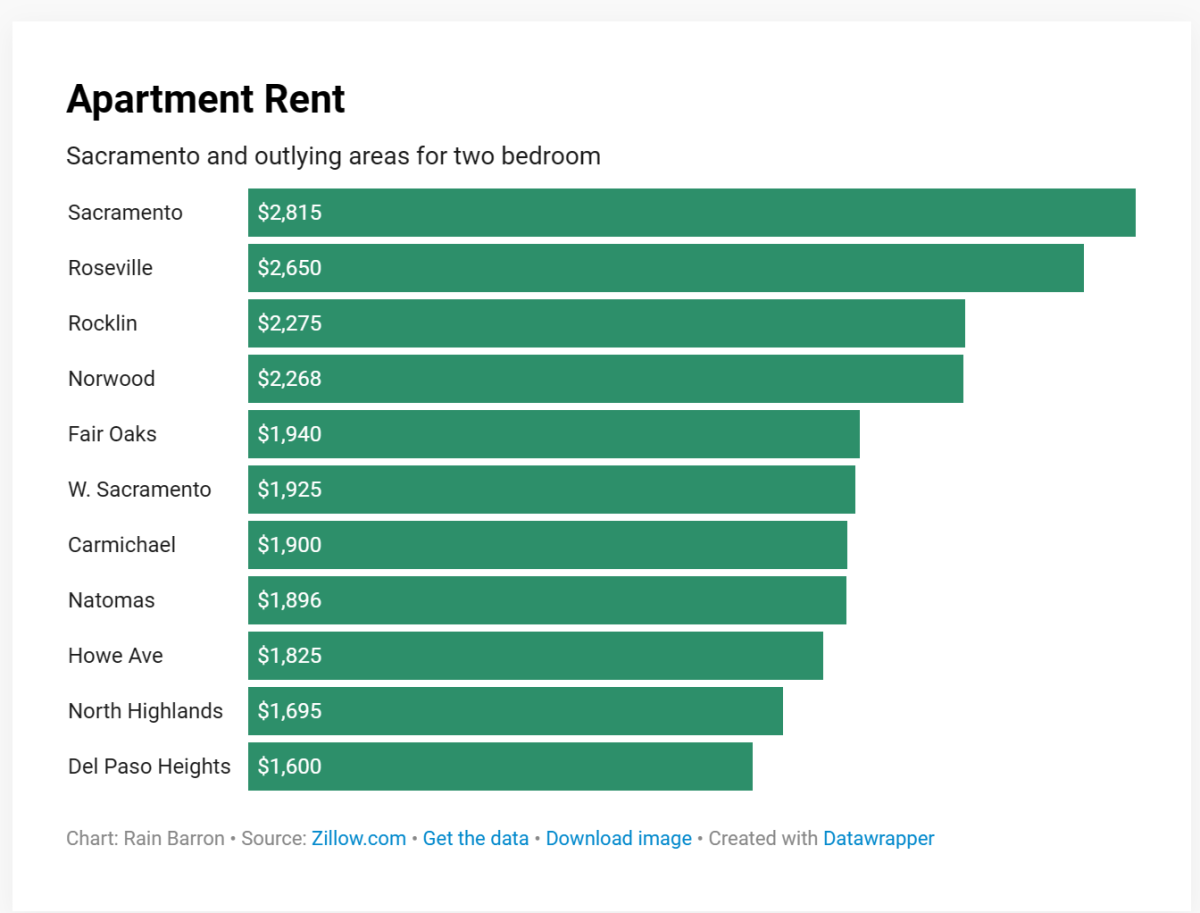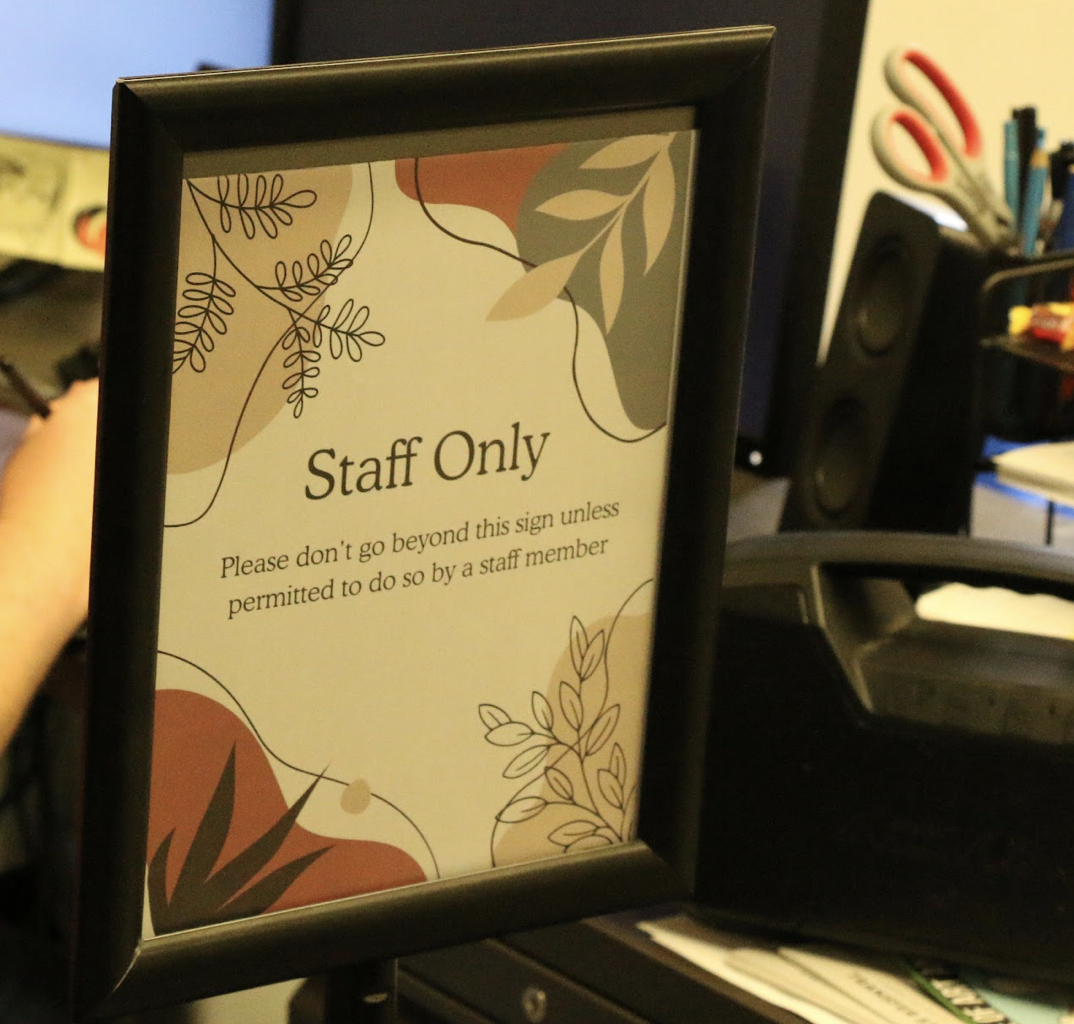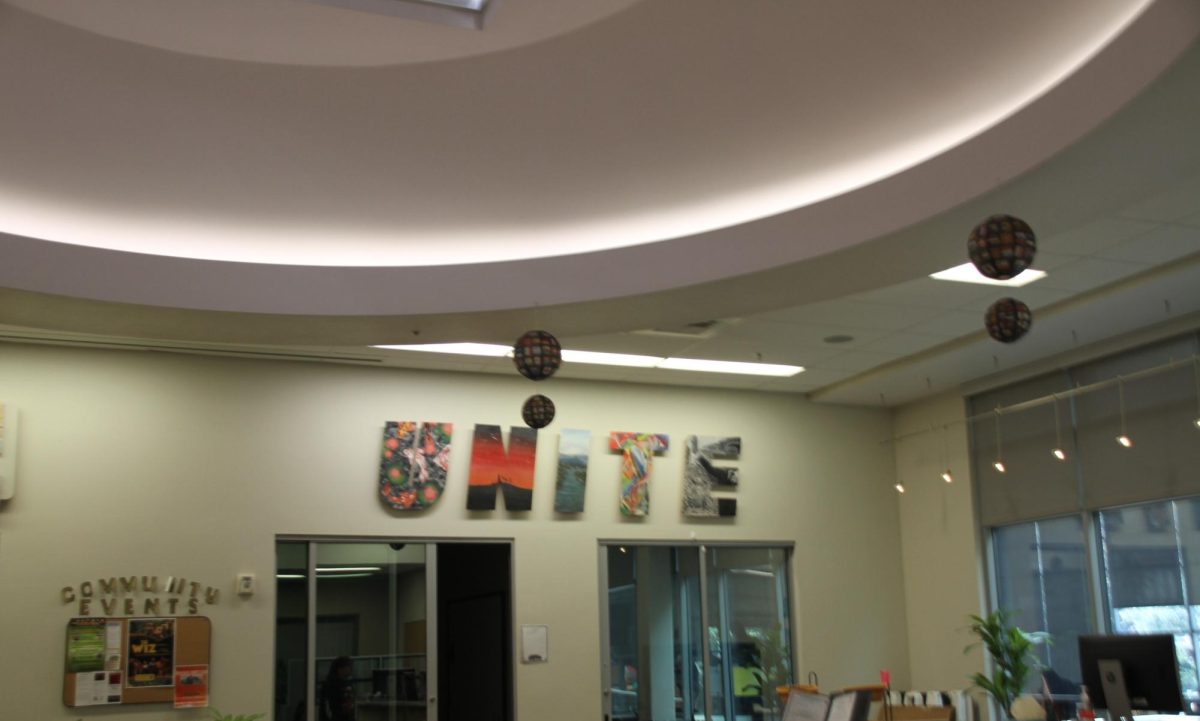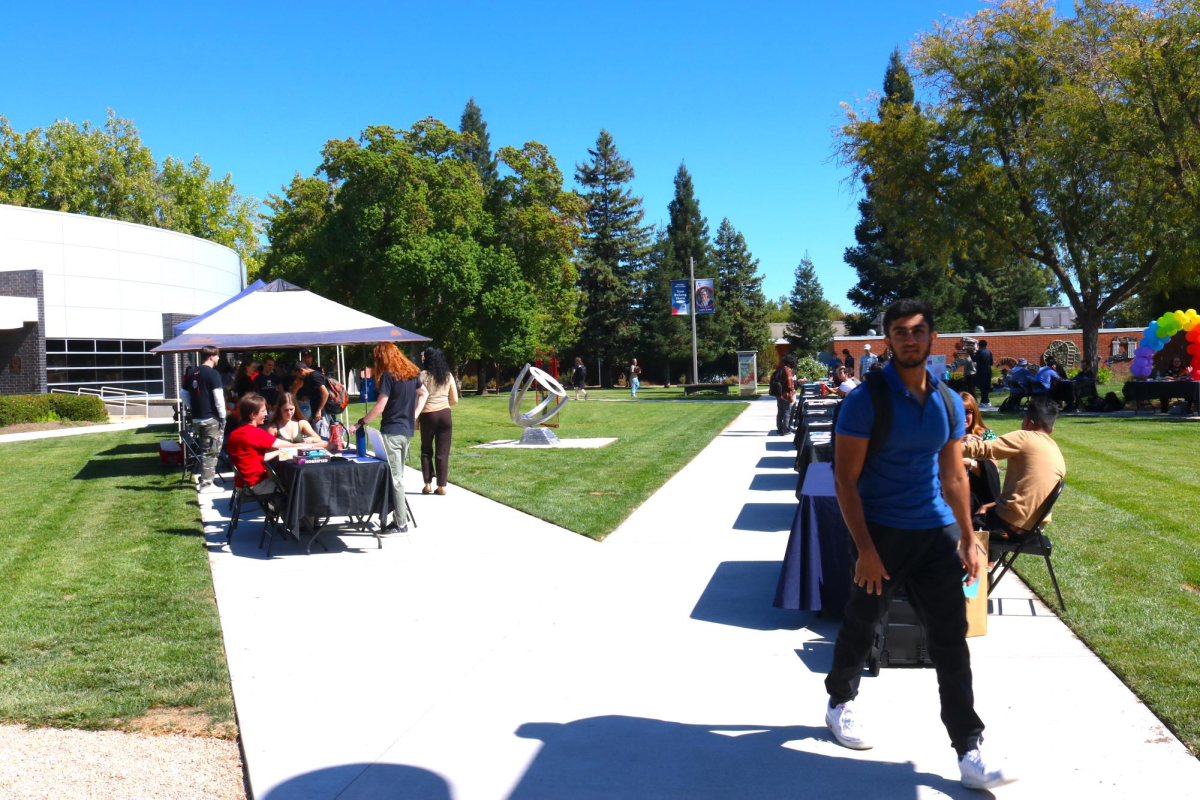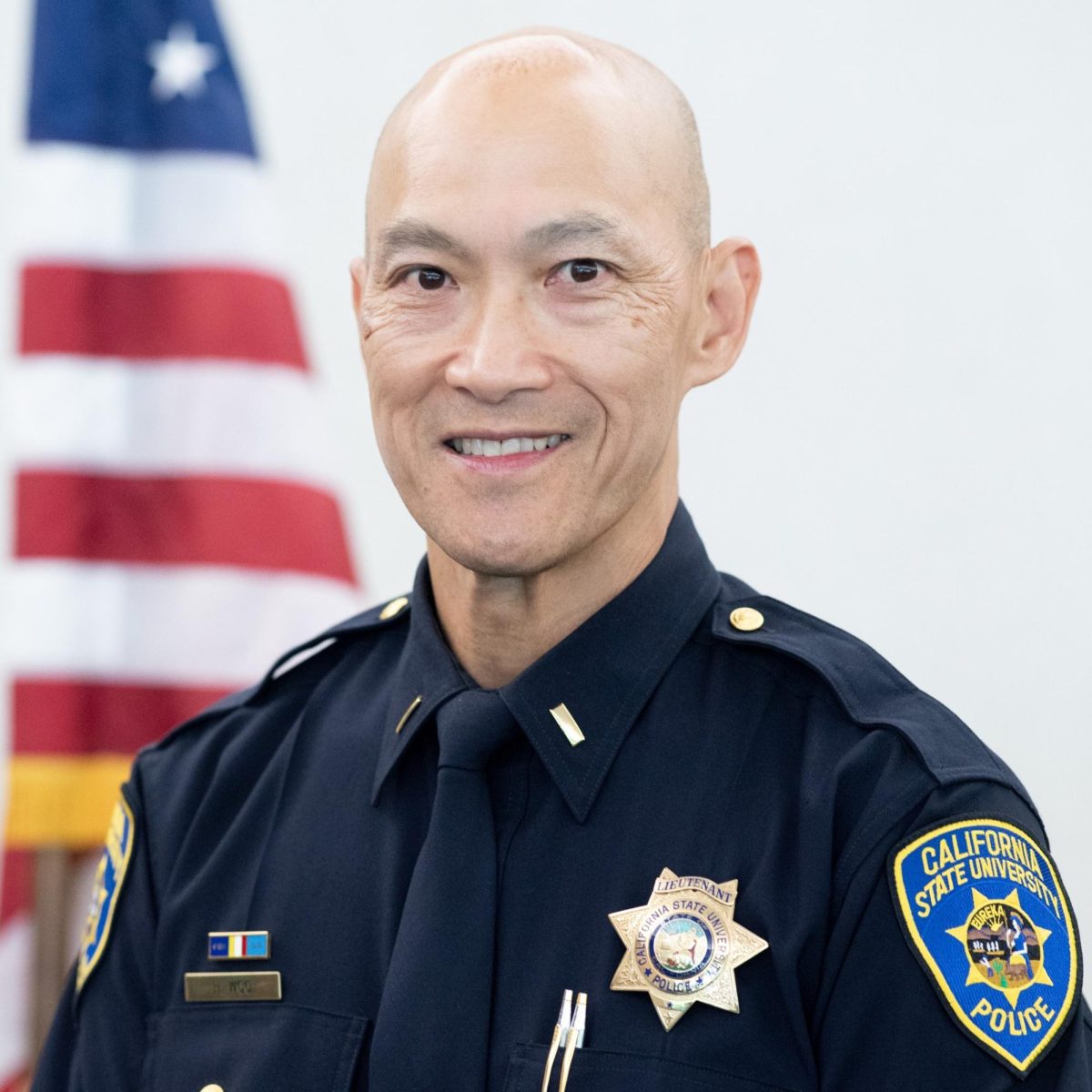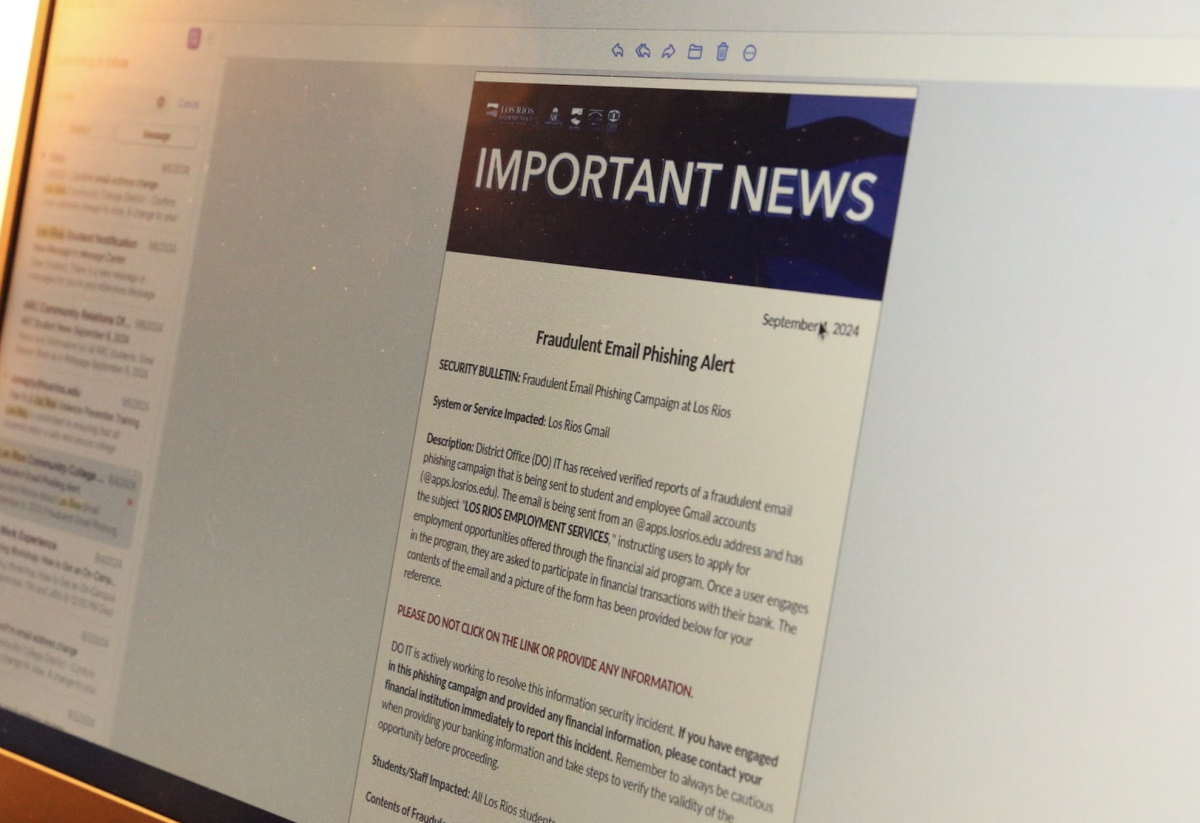The majority of people love music as a form of relief, with it bringing life to the party and because of the melodies and lyrics. There are many genres such as K-pop, rap, classical, lofi, pop and many more.
However, music as a college degree is not a popular major when pursuing a career. According to Degree Choices, a website that measures the anticipated return of investment on college degrees, music is in the category of the 11 “most useless” degrees, ranking at No. 3.
A big factor as to why music is ranked so high on this list is because of the earnings someone gets if they’re not a big artist. The average salary in music is estimated at $29,592, according to Degree Choices, which in today’s economy is not a lot for cost of living expenses, including housing.
On Niche, a website that focuses on college curriculums and the most popular majors, music doesn’t even crack the 10 spot. Even though people love music and use it for anything, like doing homework or working, it isn’t as popular of a major when picking something for a career.
According to Music Guard, playing music ”improves your mood” and is really enjoyable and a productive way to spend your spare time, so have some fun with it. The best thing about it is that there’s no pressure! In fact, the worse you are at it the better.
This is why it’s important for the college level to mandate learning how to play an instrument for students. It can be like an elective. Instead of stressing students out with essays and 50 multiple choice question exams, the end goal should be playing for a recital organized by the campus.
As someone who has experience doing a recital for high school, I can say that it’s fun and the journey is worth it. You learn a lot about yourself and face adversity, not only because you have to perform on stage when it’s time, but the discipline it takes to learn the song and how to play the instrument you chose.
Matt Robinson, an instructional assistant for American River College’s music program, loves music and says his favorite genre is jazz. He likes some of the pioneers of jazz including John Coltrane, Duke Ellington and more. One reason he enjoys jazz is because it feels “earthy and organic and not overly produced.”
“As long as (general education) exists in college it’s a good formula for students to learn an instrument and it’s like other arts such as ceramics for taking it as a class in the general education,” Robinson said.
GED are required classes such as English and math that are required to complete before focusing on your classes for your particular degree.
People love music, right? Why not give students the opportunity to learn an instrument that’s a part of the music they listen to daily that helps them escape stress and makes them feel good?
There are many great instruments such as pianos, acoustic and electric guitars, violins and many more. If you want to travel and do public performances there are guitars, violins, public pianos, trumpets and if you want to sit down there are pianos, cellos, etc.
One of the main reasons that scares people off when it comes to learning an instrument is that they don’t know how to read notes, or that it’s time-consuming. Another common reason is that some students may not want to learn classical music and its history.
I felt the same way at one point in my life. That’s not always the case. When learning an instrument you focus mainly on the notes and chords, which helps you prepare for performing. You’ll learn the basics of how the instrument was invented, but if that’s not your priority, you’re mostly learning on the instrument itself.
There are many benefits to learning an instrument. According to the Musical Arts Center of San Antonio, Inc website, there are eight beneficial reasons, but to me three stick out the most and were also relatable to me when getting into instruments.
The first reason is that learning to play music can improve memory. You may have a good or bad memory but when learning an instrument it helps you memorize notes and chords tremendously.
Number two, learning how to play an instrument may build your tolerance to be patient. Everyone wants to be good right away, especially when you’re learning something new.
Some people are naturally good at everything they touch and most of the time that’s rare. Like learning anything, it takes time and if you start to rush and don’t see progress you’ll start to lose motivation and doubt your learning abilities.
Learning an instrument provides you with a guide and it tests out your resilience when wanting to quit. Learning notes and chords will be hard at first but when you start to get the hang of it, you’ll feel proud of yourself which is a great feeling.
The last reason that stuck out to me was that learning to play music builds confidence. As a beginner when you first start playing an instrument, you feel uneasy because of how new you are. When you want to play for someone whenever you make a mistake, you might say, “let me start over from the entire song,” or just feel embarrassed.
Practicing an instrument builds great confidence if you’ve never played for someone. When you learn a song you’ll be eager to show what you learn. It might also help with being more sociallabe in person.
Yoo-Ri Clark, an adjunct fine and applied arts professor at ARC, is also a vocalist who listens to a variety of music, but classical is a bit harder because she’s a professional musician so it makes her think a lot. Clark also likes tango and K-pop ballads. Listening to music from different countries makes her feel like she’s on vacation.
“If there was no music it would be a void because of how many people use music a lot in the background that enhances their feelings and the activities they do,” Clark said.
Even if you choose another major, music is all around us and we use it for different reasons, but still use it as a form of free time and just being able to enjoy it.
Being able to use an instrument will benefit you a lot as a person, and you’ll start appreciating the hard work it takes. Especially when our favorite artists make music we listen to every day.


